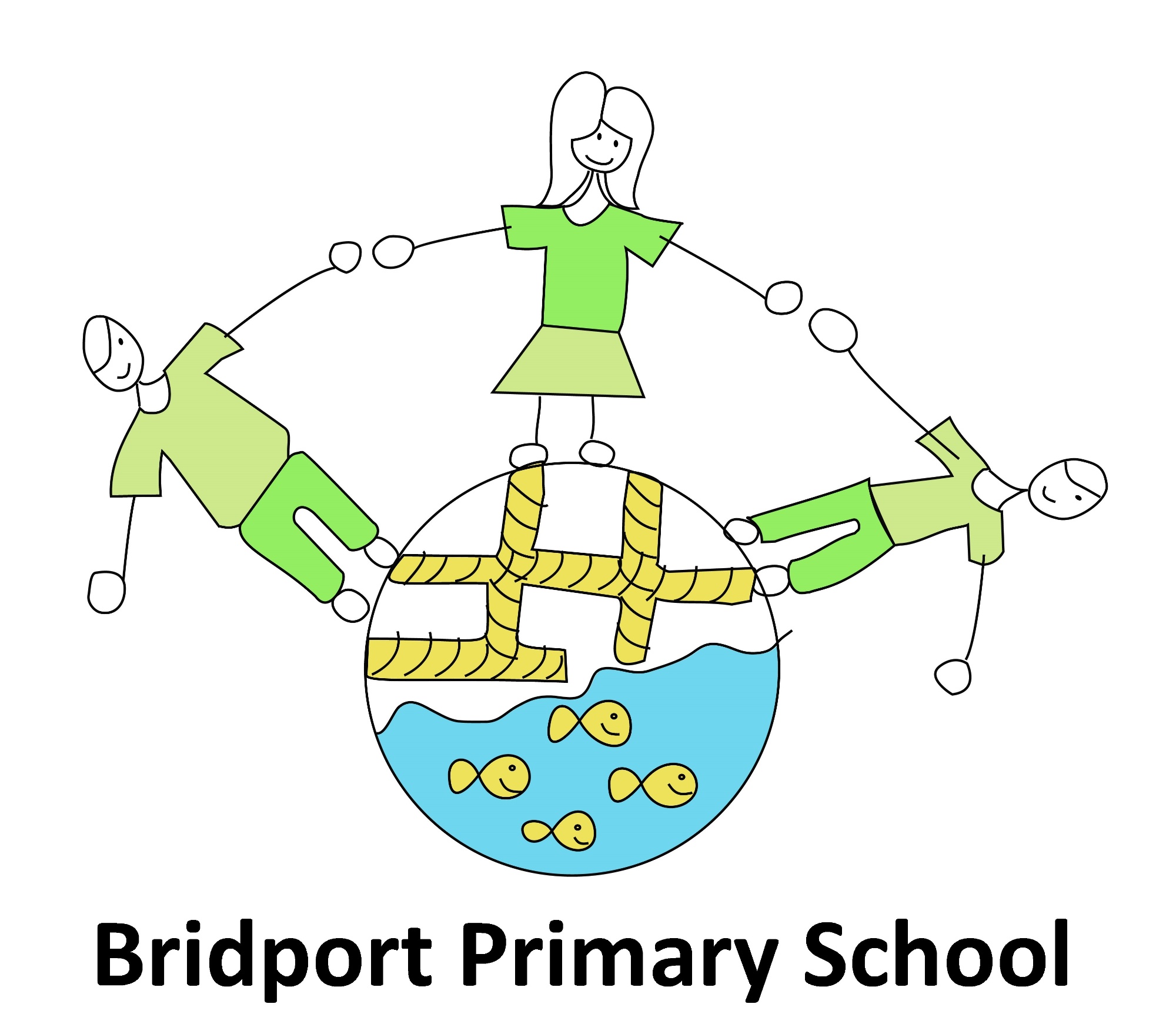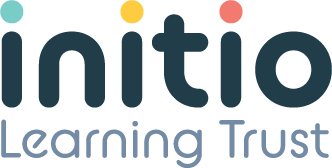Learning
Children will only learn at their best, and teachers will only teach at their best, when:
- They feel respected
- They feel valued, secure, confident and cared for.
- They are clear about expectations placed on them.
- Learning is staged and developed logically.
- There is a calm, ordered and consistent environment.
- There is an atmosphere of mutual co-operation and collaboration.
- Challenges are set which raise their expectations.
- Praise rather than punishment is appropriately used.
- They receive feedback about their performance.
- They are an integral part of a learning community – where learning is for life and the betterment of society.
- Staff feel they are supported by on-going training and professional development within a supportive network.
Curriculum Provision at Bridport Primary School
At BPS, we have worked with our partner schools in the Initio Learning Trust, using Cornerstones to support our planning. We have also drawn upon the passion and expertise of our staff to produce a challenging, rigorous and exciting new curriculum.
Underpinning our curriculum is our Rights Respecting ethos. This comes directly from the Convention on the Rights of the child. Children in every class acknowledge and use the language of RIGHTS. Assemblies are often founded in these rights, so there is a clear message given beyond the classroom. Staff and pupils treat each other with dignity and respect because we all have the right to be treated this way and because we believe it is an appropriate way to conduct ourselves.
Literacy
Our literacy curriculum comprises a systematic approach of teaching Read Write Inc phonics for younger children (and spelling in key stage two) and a writing-based cross-curricular approach for the older children. We use Talk for Writing techniques (by Pie Corbett) to give structure and progression in writing.
We strive to foster a love of reading in our pupils, and children of all ages are helped to read widely, both at home and at school. Children read in school every day and for all sorts of purposes. They will discuss a range of texts and their meaning, pick out interesting and new vocabulary or simply enjoy it! This may be done individually, in groups or as part of wider class work. Children reflect on their own reading knowledge and skills. Children are also read to by adults, familiarising them with exciting and stimulating stories, poems and texts.
Mathematics
At BPS we follow the “mastery” approach to mathematics. We have a vision for our children to be confident and resilient mathematicians who enjoy a challenge and have a strong grasp of number and the language of mathematics. The children are encouraged to use resources to support and extend their understanding of key concepts and there is a focus on the use of mathematical vocabulary to support children’s reasoning and develop a greater depth of understanding. We are enriching our maths curriculum through our involvement in projects within the MLT as well as the Jurassic Maths Hub and the NCETM (National Centre for Excellence in the Teaching of Mathematics); our joint focus is to offer an outstanding maths curriculum through participation in research projects and teachers’ ongoing professional development.
Our topic-based learning brings together science, humanities and the arts, giving a cross-curricular approach to learning. The topic may be driven by one particular area of the curriculum, but incorporates other subjects as well.
Science
Our science curriculum equips children with the scientific knowledge required to understand the uses and implications of science, today and for the future. We want children to develop understanding of the nature, processes and methods of science through different types of science enquiries, so that they can answer scientific questions about the world around them. Science therefore, wherever possible, is taught through a hands-on approach and our children are encouraged to experiment and discover for themselves. Through building up a body of core knowledge and concepts, pupils at BPS are encouraged to recognise the power of rational explanation and develop a sense of excitement and curiosity about natural phenomena. We want all pupils to understand how science can be used to explain, to predict, to describe, and analyse causality.
Humanities
Our wider curriculum is rich, diverse and challenging. When studying for History, Geography and Religious Education, we encourage children to develop a respect and understanding of the lives of others, through an enquiry-led approach. From learning about ancient civilizations, to thinking about the diversity of our own region, right through to studying the future through a knowledge of climate change and global citizenship, our pupils enjoy learning about the people and the planet.
Computing and Technology
In computing and technology, we have a clear and simple vision: the children should be: online-safe, online-inspired and online-confident. Computing is an integral part of our everyday life and will play an immeasurable part in our children’s futures. Whilst teachers promote creativity and enthusiasm, children at BPS will learn the skills to thrive in a world that is becoming increasingly dependent on computing. As computing underpins today’s modern lifestyle, it is essential that the children gain the confidence and ability to prepare them for the challenge of a rapidly developing and changing technological world.
Religious Education
At BPS, we believe that meaningful and thought-provoking religious education makes a distinctive contribution to the school curriculum. We use the enquiry-based Discovery RE syllabus of work.
Collective Worship
Daily Collective Worship is a legal requirement and is mainly of a broadly Christian character. Parents have the right to withdraw their child from acts of collective worship, and should contact the school if desired. As a school, we learn about and celebrate all and non faith, in addition to Christianity.
The Creative Curriculum
Our children develop their skills and expression through a creative curriculum in Art, Design and Music. Children work with paints, clays, charcoals, pastels and many other media in our art lessons. Children are encouraged to find practical solutions to real-world problems in our design lessons.
Languages
Our languages' curriculum, through which all children in key stage two learn French, encourages children to become confident speakers of French. Through role-play and recitation, our children learn quickly, and have fun doing so.
Personal, Social, Health and Economic Education (PSHCE)
Our PSHCE curriculum is an ongoing thread that can be seen woven into many aspects of school life. Learning tackles bereavement, the language of safeguarding and relationships education, as well as issues of friendship, relationship and self-esteem building. Teachers are skilled in determining whether children need to be taught individually, in small groups or as a class when tackling the more complex issues associated with PSHCE. Visits and visitors to the school enhance this work over the course of a child’s journey through school. Family support is offered as an additional layer to this vital curriculum area; the support worker offers very specific individual support where required through an ELSA programme.
For more information, visit our PSHCE page below:
Physical Education
Finally, we enjoy an energetic physical education curriculum, in which children develop skills and physical fitness across a range of different sports and physical disciplines. Children receive teaching not only in conventional team sports and athletics, but benefit from units of Gymnastics, Dance and Swimming. Our children’s aptitudes are developed further through our after-school provision of a wide variety of sports clubs. The children at BPS enjoy ‘the daily mile’, which enables them to get a short burst of physical activity at a chosen point throughout the day. This year, we are delighted to added forest schools into our outdoor curriculum. Our younger children have always benefited greatly from ‘Nature Rangers’, and this enables the valuable learning that happens during these sessions to continue all the way through the school.
If you would like any further information on this, please contact the school – office@bridport.dorset.sch.uk
In order to ensure that children receive the curriculum they need as a result of covid, teachers are using NCETM prioritisation documents in mathematics as a starting point for maths planning. In the wider curriculum, knowledge organisers provide a basic entitlement for a topic, used alongside teacher assessment. The school has also prioritised PSHCE and mental health work.
Please visit the Government website to view information on the official English National Curriculum.

